Packing efficiently is essential to ensuring a smooth, safe, and hassle-free journey. Here are some valuable tips to help you organize your luggage for your trip:

Keep Your Important Documents with You
An essential rule to remember is never to pack important documents in your checked luggage. Carry-on luggage is always a safer option as checked bags carry a higher risk of loss, theft, or misplacement during transportation. In the unfortunate event of losing your checked bag, having your essential documents with you can save you from further trouble and difficulties.
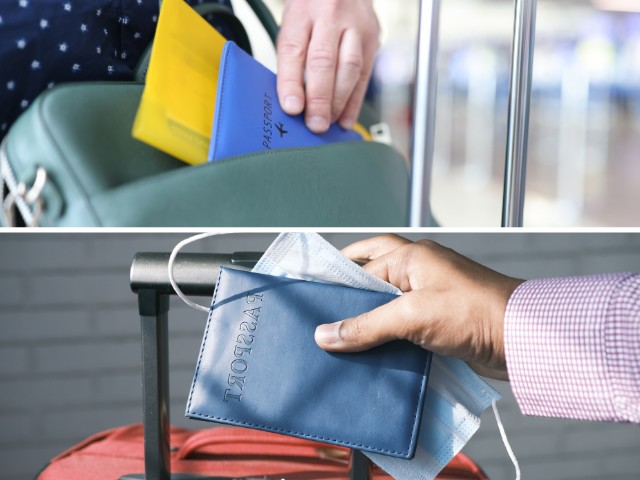
Losing important documents like your passport, ID card, or other vital papers can lead to serious consequences. Without proper identification, you may face challenges in proving your identity, completing administrative tasks, or even entering or exiting a foreign country.
To avoid these issues, always keep your essential documents in a separate small bag or pouch that you can carry with you at all times. This bag can be tucked into your handbag, coat pocket, or even a hip pouch for convenience and safety. By doing so, you ensure that your vital documents are always within reach and safe from potential travel hassles.
Don’t Place Valuable Items Next to Liquid Containers
Following airline regulations for packing liquids is crucial for security and safety during transportation. This regulation is especially important when carrying cosmetics, shampoos, shower gels, and other liquid products onboard an aircraft.
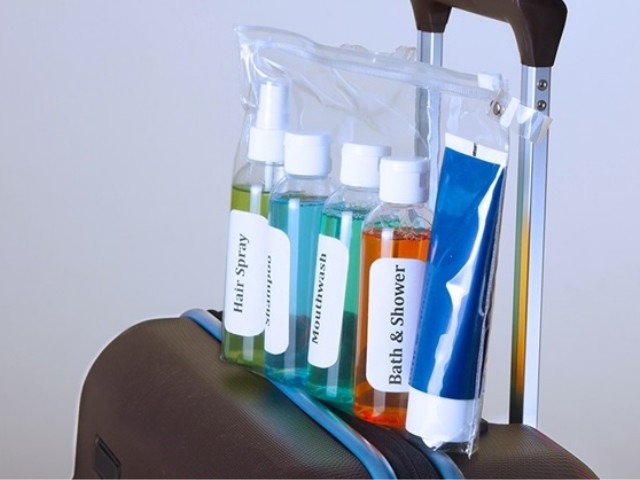
An effective way to comply with this regulation is to transfer liquids into smaller bottles or purchase compressed products. This not only helps you adhere to airline rules but also minimizes the risk of leaks or spills during transportation.
Cabin pressure can sometimes cause unexpected issues with personal care product containers. Changes in pressure may lead to leaks or spills, damaging or soiling other items placed nearby.
By using smaller bottles or compressed products, you not only ensure compliance with airline safety regulations but also protect your other personal belongings in your luggage. This contributes to a more comfortable travel experience, free from the hassles associated with liquid transportation on aircraft.
Avoid Hard-Shell Luggage
While traveling, many people believe that hard-shell luggage is the best option for protecting their belongings. However, this choice may not be the wisest decision in reality. Hard-shell luggage is prone to damage during transportation, especially when checked in.
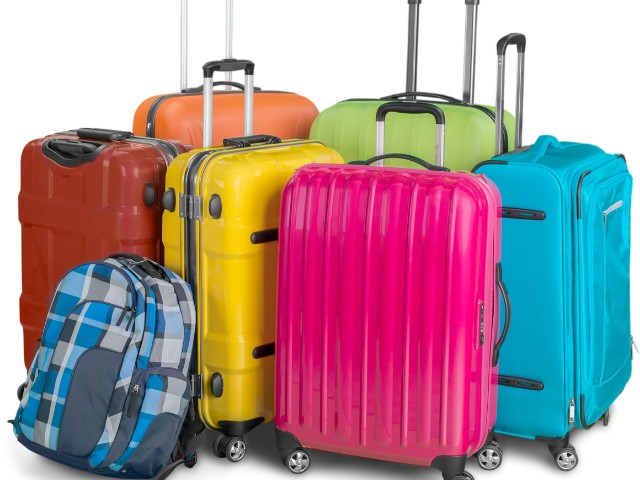
Firstly, hard-shell suitcases are susceptible to cracking or breaking upon impact. During transportation, luggage undergoes significant pressure during loading onto the aircraft and conveyer belt movement. The rigid material of hard-shell cases can easily crack or break at the corners and edges when subjected to strong impacts.
Secondly, the compressive force exerted when stacking checked luggage is another concern. Hard-shell suitcases may deform or crumble under this force, damaging the contents inside. Additionally, hard-shell luggage is more prone to scratches during transportation, affecting its aesthetics and protective capabilities. On the other hand, fabric luggage, with its high flexibility and elasticity, typically withstands impacts better and is less likely to scratch.
Don’t Pack Perishable Food in Your Luggage
Packing perishable food in your luggage when traveling can lead to unwanted issues. Perishable items like fresh produce, meat, and dairy are susceptible to spoilage and contamination when exposed to unstable temperatures and the confined space within your luggage, especially during long-haul transportation.
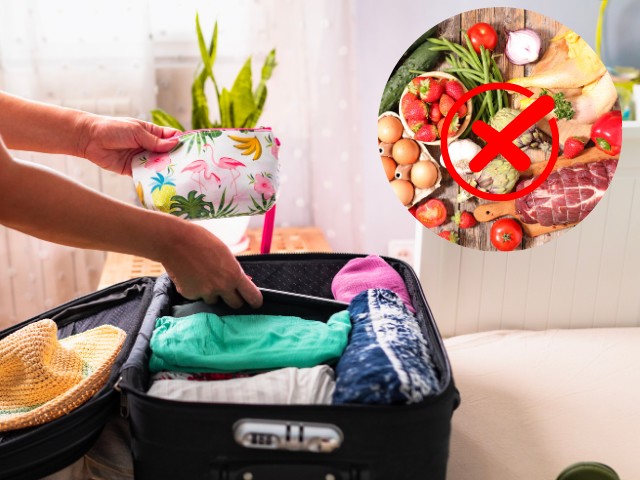
The environment inside your luggage is not cold enough to maintain the freshness of perishable food, which can lead to bacterial growth and health hazards upon consumption.
Furthermore, many airlines have strict regulations regarding carrying food onboard. Some items may be entirely prohibited, while others may be permitted only in small quantities. Packing perishable food in your luggage can cause inconvenience and the risk of being denied boarding if you’re carrying excessive amounts.
Instead, opt for non-perishable foods like nuts, dried fruits, snacks, or canned goods that can be stored for extended periods without refrigeration. Alternatively, a smart choice is to purchase food at your travel destination. This way, you ensure food safety and get to explore the unique local cuisine without worrying about food storage while on the move.
Don’t Overpack
A crucial consideration when packing for travel is to avoid overpacking. Doing so not only inconveniences you but can also cause trouble for the cabin crew and other passengers.
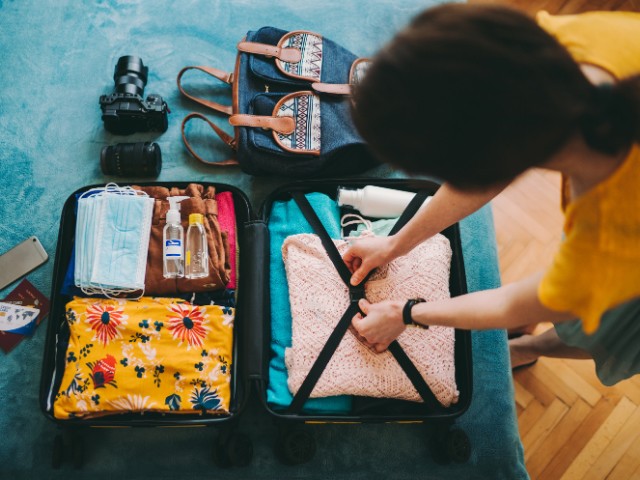
If your luggage is too heavy for you to lift into the overhead cabin, it will create a problem for both you and your fellow travelers. The cabin crew will also face challenges in handling such bulky and heavy baggage.
To lighten your load, determine your travel destination, check the weather forecast, and plan your activities accordingly. Based on this information, you can select appropriate attire without overpacking. Prioritize essential items and choose outfits that align with the weather conditions and your travel itinerary.
By doing so, you’ll not only make your journey more manageable but also create a more comfortable and convenient travel experience.
The Ultimate Top 5 Tiny Treasures: A Must-Have for the Wise Woman to Empower Her Family, for a Mere Few Dollars
“Small things come in mighty packages.” A simple yet powerful statement that showcases the impact of tiny treasures. These miniature marvels pack a punch, offering unique qualities that rival their larger counterparts. From delicate details to precise functionality, these small wonders are a force to be reckoned with.






































